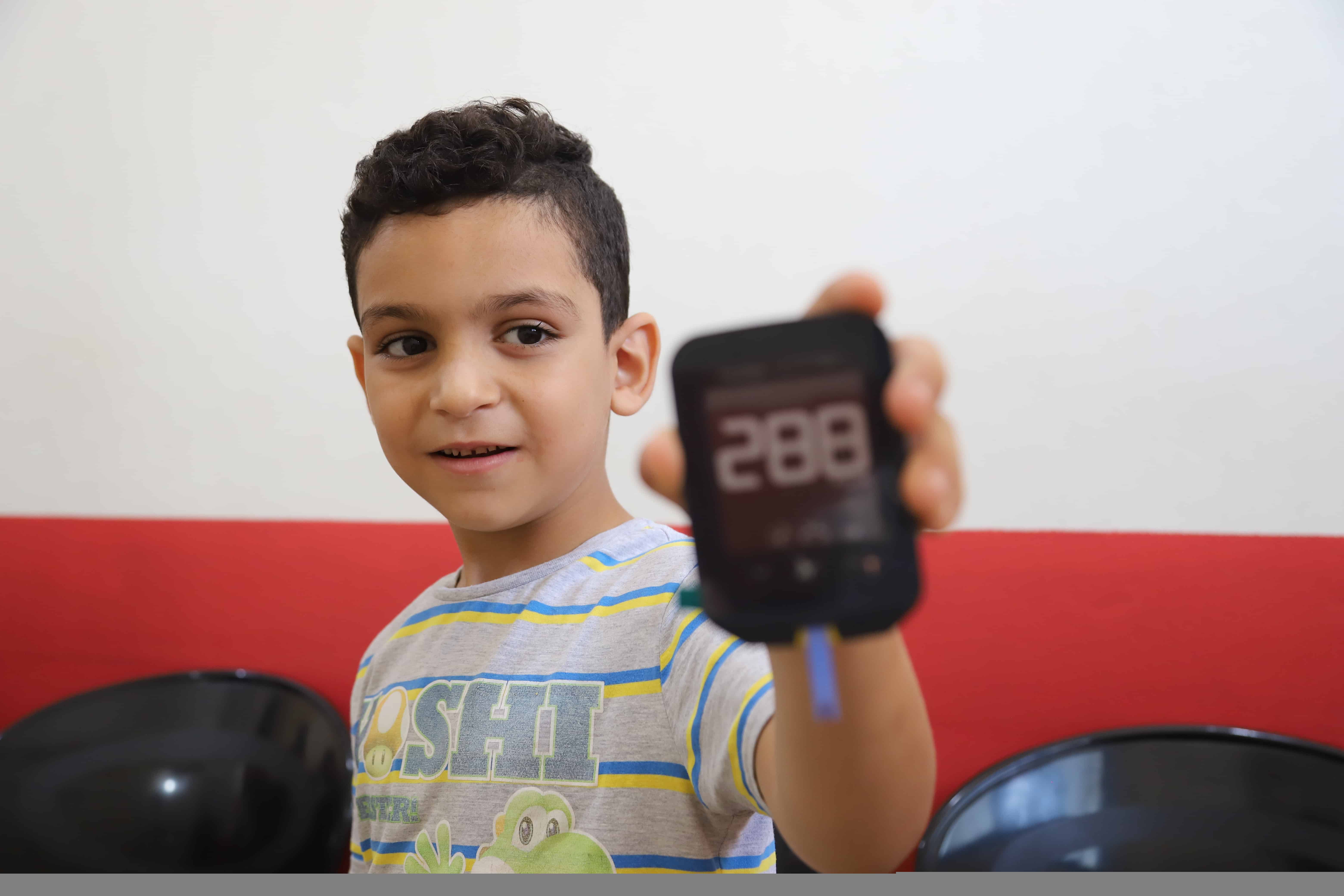Good news for people with diabetes in places where refrigeration can be a luxury
NEW YORK/GENEVA — A joint study published today in PLOS ONE by the international medical humanitarian organization Doctors Without Borders/Médecins Sans Frontières (MSF) and the University of Geneva shows that a range of insulins can be stored at warmer temperatures than previously recommended, making it easier for people with diabetes who live in places without reliable access to refrigeration — such as refugee camps and other low-resource settings — to adhere to effective treatment. These findings show that various insulins can be stored at temperatures ranging between 77°F and 98.6°F for four weeks without becoming less effective.
Strict, cold-storage recommendations for insulin are difficult to follow in tropical regions and even more challenging in conflict and humanitarian emergency settings, adding an extra burden for people managing their diabetes. Storage recommendations for insulin require refrigeration until the expiration date, or until opened for use. Once a vial has been opened, storage recommendations on the label of most human insulins specify temperatures below 77°F for 42 days. Because keeping their medicines this cold is not possible in many settings, people often have to travel to health clinics for this lifesaving medicine. In addition to the strict storage requirements, insulin is often too expensive, especially for people living in humanitarian emergency settings.
MSF has been engaged in providing treatment for diabetes care in multiple projects across a number of countries—including Jordan, Lebanon, Iraq, Syria, South Sudan, Democratic Republic of Congo, Tanzania, Kenya, Zimbabwe, and Bangladesh. Our teams specialize in providing care for people living in resource-limited and humanitarian settings.

Philippa Boulle, MSF noncommunicable diseases advisor, explained the significance of the study:
For far too long, we were unable to send people with diabetes back to their homes with insulin due to its cold storage requirements. Some of these people were travelling long distances daily, and some even relocated to get their insulin injections at the clinic.
“With this new finding of no refrigeration requirement in a climate of up to nearly 99°F—and with a well-developed patient education and support program—people with diabetes in resource-limited and humanitarian settings will now be able to inject themselves in their homes. This greatly improves the significant disruption to their lives of having to go to the hospital for twice-daily injections.
“The ability to self-inject insulin is a fundamental aspect of diabetes self-management and the ability of people with diabetes to be empowered.
“Additionally, we hope that pharmaceutical corporations will urgently submit to regulatory authorities for use of insulin under expanded temperature ranges. It is time to ensure that everyone who needs insulin, regardless of where they live, can access it. For too many people living with diabetes, life is difficult enough without this burden.”
-
Related:
- Diabetes
- Insulin
- Medical Research












